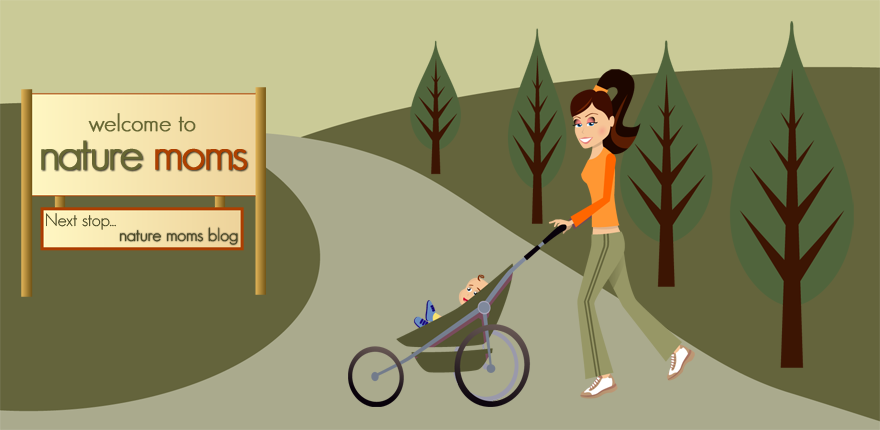

Natural and Sustainable Gardening
Natural moms and homesteaders as we know them today strive to live a more self sufficient life, a life that is not entirely dependent upon local grocers, storefronts, energy companies, and the like. Among the many and varied interests of homesteaders and potential homesteaders are the following:
Of course natural moms love gardening just because it gives the whole family an opportunity to engage is some good, messy fun out and get some fresh air and exercise too. SO what exactly is organic and natural gardening?
Organic gardening means to plant and grow
without using synthetic products, including
pesticides and fertilizers. The organic gardener
sees his garden as part of a living ecosystem
and strives to work in harmony with natural
systems in order to minimize and replenish the
resources that his garden consumes.
Using native plants and ones that are adaptable
to your soil conditions will grow healthier
plants. Plants living in poor soil become weak
and more susceptible to attack by
microorganisms. Proper tending of the soil will
encourage the presence of beneficial soil
organisms, which will produce healthier plants. Plants need certain elements to sustain growth.
Water, sunlight, air, nutrients and soil must
maintain a balance for the garden to produce
healthy plants.
Organic gardeners also believe that certain
plant combinations work together to help each
other grow. Some plant combinations experience
benefits unique to those combinations. Organic
gardeners have found that by using companion
planting, they can discourage harmful pests.
Companion planting provides benefits from
producing odors to ward off insects, to
providing food to sustain beneficial insects,
Gardening Articles:
|